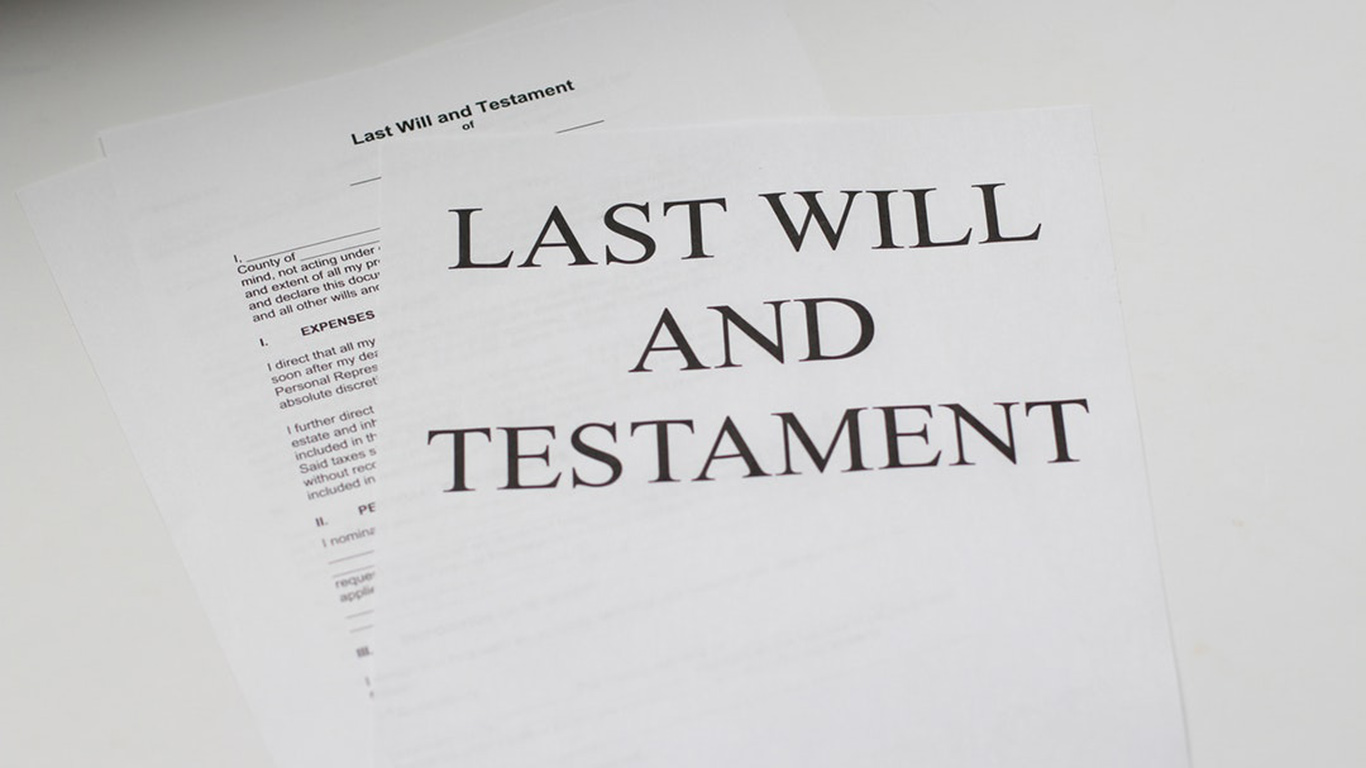Relative’s Died Without a Will: What To Do
If someone dies without a will? A will ensures that whatever belongings someone’s had will go to family or beneficiaries. But what happens if the relative died without a will?
When you die, your estate is going to get split up according to your last will and testament. But what happens if you don’t make one?
Depending on the size of your estate, this could lead to a significant battle over who gets what. If you have surviving minor children, who will take care of them? Nobody likes to think about their inevitable death, but a little planning can go a long way.
A will is meant to ensure that all of a person’s belongings go to family or beneficiaries according to their wishes. Unfortunately, many Americans will have died without a will. What happens then?
What is a Will and Who Needs One?
A will is just one thing you need to get your affairs in order before you leave this world. In general, it is recommended everyone prepare a will at some point in their lives.
Within a will, you will have the opportunity to name who you want to inherit your assets. You will get to appoint an executor, who manages the process of transferring your assets to your beneficiaries.
You may have already named beneficiaries on your life insurance policy, retirement accounts, and property deeds. A will comes in handy with smaller assets, such as family heirlooms.
If you have minor children, your will outline who gains legal guardianship. Without a will, the court determines a close family member who is best suited to look after your children.
That may be a terrifying prospect. For example, you may wish to have your brother Mark look after your children and their inheritance. If you do not specify this in a will, the court may decide that cousin Susan is a better guardian.
If you have a will, you can make an informed and legally binding decision about who will look after your children. A will specifically lay out the assets and how they should be divided among heirs.
Changes may happen. Deaths, Marriages, fallings out, and more may impact how you divide your assets. You can make changes to your will while you’re still alive.
Died Without a Will: State Intestacy Laws
When someone dies without a will, it’s known as dying intestate. When this happens, a person’s assets are divided by the court.
This will need to happen without the input of the deceased estate owner. This can cause the probate process to last much longer.
Each state has its own laws regarding intestacy. Under these laws, heirs are grouped into certain classes. These are the following:
- Surviving Spouse
- Children, grandchildren, great-grandchildren, etc.
- Parents
- Siblings, nieces, nephews, etc.
- Aunts and Uncles
When someone dies intestate, their assets will be divided amongst each of these classes of heirs depending on state statutes. If there are none surviving, the estate may be escheated to the state. Different states may handle different types of property differently.
Family Dynamics and Conflict
Family dynamics can be complicated. You may have a blended family due to divorces, remarriages, and more.
If you have a surviving spouse, you may wish to leave them everything until they pass. Then, your will may specify that those assets get passed on to any children.
If someone dies intestate, their family may come to fight over some assets. This is common and frequently causes dramatic fallings out among families. You can imagine the impending drama.
When an estate is split up by the courts, the resulting division may not please everyone involved. There may also be assets left to an individual who would have otherwise been disinherited.
This can cause a lot of conflict among families. Some members may not want a particular asset to go to someone. They may believe the decedent would have disinherited some members.
Within a will, the decedent can identify any members of the family who should be disinherited. These are any members who may be irresponsible or untrustworthy.
If they are disinherited, they cannot receive any assets. If someone dies but does not disinherit someone, that person can still receive any portion of the estate.
Do You Need an Attorney?
Depending on the size of your estate, an attorney may not be necessary. There are online programs that can help you draft a last will and testament. If you have a more complex array of assets, you may need to hire a will attorney.
They can help you figure out some of the more complicated aspects of your estate. For example, if you own property in another state, it may be subject to different laws.
An attorney can help you make sure the will is properly prepared. Otherwise, it may not be considered as a valid legal document.
Having a trustworthy will attorney can ensure your estate is handled properly. After you die, you cannot be there to settle any disputes which may arise. You may leave your attorney with an explanation for the division of your estate.
If any conflicts arise, the attorney will also have any of the necessary information about why the decedent divided the assets the way they did. This will be important if someone decides to file a lawsuit.
If Someone Dies Without a Will: Tomorrow is Never Promised
You may not die for years to come, but tomorrow is never promised. Before you go, you need to make sure you create a last will and testament. This will help mitigate any conflicts which may arise after you pass. Deaths can be emotional and confusing times for a whole family.
If you own any property, estate planning is essential to ensuring your affairs are in order. It can be as simple as downloading a program online. It can be as complicated as hiring an attorney to help you manage a multimillion-dollar estate.
Regardless of your net worth, you can benefit from a will. When someone has died without a will, things can get a bit messy.
Before you go, live life to the fullest. Check out some of the ways we are out here making the most of each day.




















